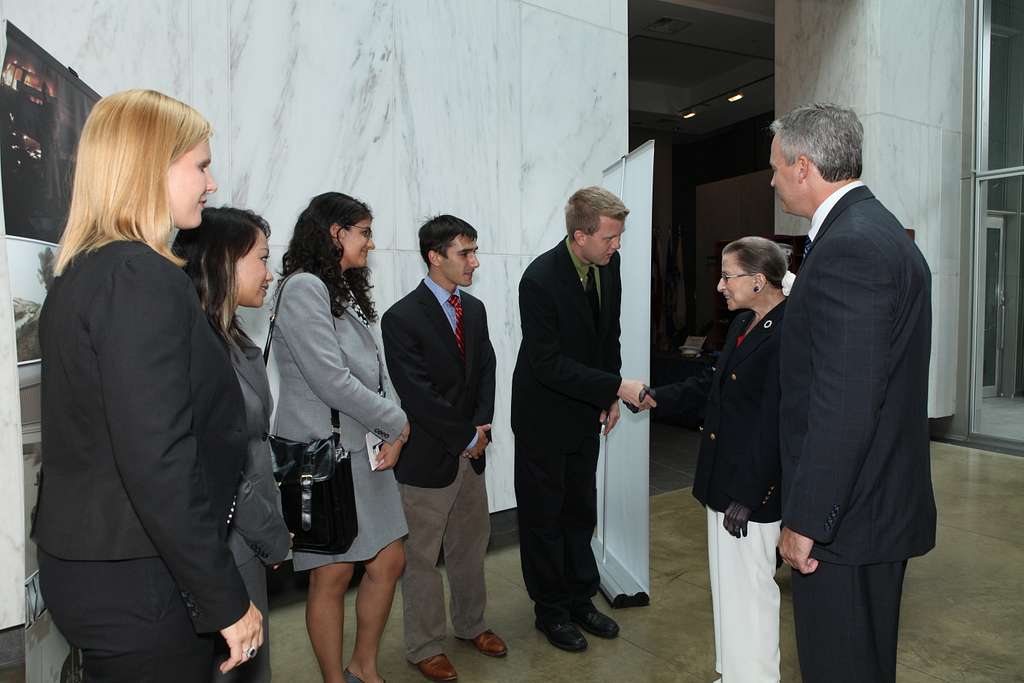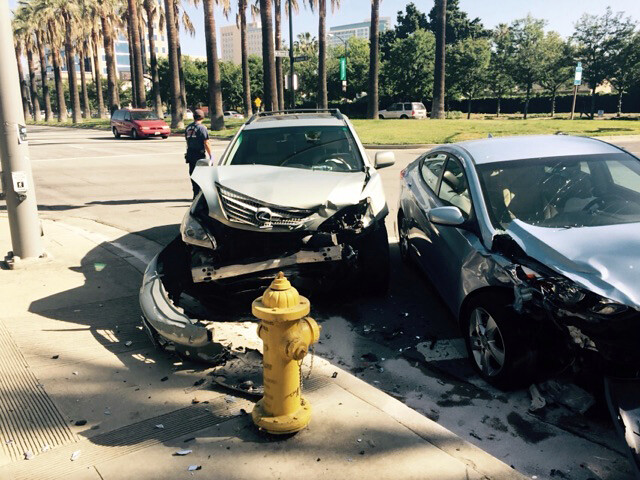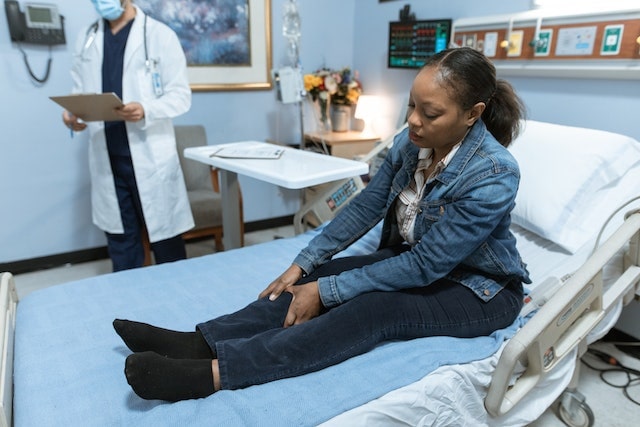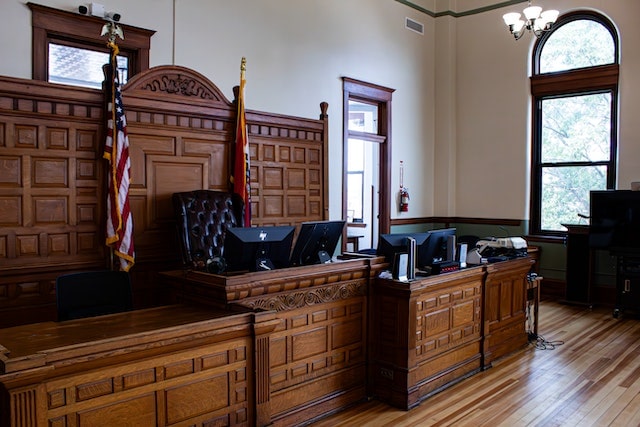This is a most interesting case. I will discuss my thoughts in some detail because this case seems to possibly support the inference that a default judgment in a declaratory judgment involving a staged or non-loss may never be viable. I do not think that is the case at all. I also am not sure this case is consistent with the cases to which it cited.
The above being said – I was taught an early age that if you can do something to avoid a trip to the Appellate Division, despite what the correct view of the law is, then you should do what is necessary to avoid appellate intervention.
Consequently, how come Plaintiff never procured the affidavit of the adverse driver? This would have allowed a default to be entered. It also would have made complete sense since the investigator had contact with the adverse driver! This seems like a bout of doing the least to get the most – and getting burnt.
On to the case:
New S. Ins. Co. v Dobbins, 2010 NY Slip Op 01773 (2d Dept. 2010)
“The Supreme Court properly, upon renewal and reargument, adhered to so much of its original determination as denied the plaintiff leave to enter judgment against the defendants James Dobbins, Jr., and Felita Dobbins, upon their default in answering the complaint. In support of its motion, the plaintiff offered the complaint, which was verified by plaintiff’s counsel, and an affidavit of the plaintiff’s investigator, neither of whom possessed personal knowledge of the facts constituting the claim (see CPLR 3215; Woodson v Mendon Leasing Corp., 100 NY2d 62, 70-71; Hosten v Oladapo, 44 AD3d 1006; Finnegan v Sheahan, 269 AD2d 491). The statements from the driver of the other vehicle that the plaintiff’s investigator relied upon in his affidavit constituted inadmissible hearsay (see CPLR 4518[a]; Hochhauser v Electric Ins. Co., 46 AD3d 174, 179-183; Metropolitan Cas. Ins. Co. v Shaid, 23 Misc 3d 1140[A]).”
The issue of “personal knowledge” as set forth in 3215(f) has confused me for years. What is sufficient personal knowledge? In a breach of contract for goods sold and delivered, this would be satisfied through the affidavit or verification of the plaintiff who is the victim of the breach. In a negligence case, this would be the plaintiff’s affidavit or verification stating that he was in a motor vehicle accident. The conclusion of negligence would flow from the act of the accident. For no-fault benefits (in the second department as of now), this would be the affidavit or verification of a billing manager or the president of the corporation.
So what is necessary in a staged accident or “not in the car” case to satisfy the 3215(f) threshold? It would seem that some affidavit, which presupposes an inference that the event is intentional or did not exist, would be what is required. The Court of Appeals matter the Appellate Division cited to (Woodson v Mendon Leasing Corp., 100 NY2d 62) is interesting, because it does not really support the Dobbins court’s reasoning, as seen below:
“Having concluded that Supreme Court abused its discretion in vacating the default judgment, we also reject ATIC’s argument that, as an initial matter, plaintiff’s submissions in support of her motion for a default judgment were insufficient. CPLR 3215 (f) requires that an applicant for a default judgment file “proof by affidavit made by the party of the facts constituting the claim.” A verified complaint may be submitted instead of the affidavit when the complaint has been properly served (see CPLR 3215 [f]). Given that in default proceedings the defendant has failed to appear and the plaintiff does not have the benefit of discovery, the affidavit or verified complaint need only allege enough facts to enable a court to determine that a viable cause of action exists (see 7 Weinstein-Korn-Miller, NY Civ Prac ¶ 3215.24, at 32-326). Indeed, defaulters are deemed to have admitted all factual allegations contained in the complaint and all reasonable inferences that flow from them.”
To me, I believe that Plaintiff’s presenting conflicting certified EUO transcripts in its motion for leave to enter a default should be enough to raise an issue of fact as to whether a viable cause of action exists.
And in light of the default, the defaulter would be”deemed to have admitted all factual allegations contained in the complaint and all reasonable inferences that flow from them.” Id.
So, the Appellate Division may very well have been incorrect, in my opinion, for not reversing Supreme Court.
One last thing, and I say this because I was upset when I read this case, and am really annoyed that the Appellate Division cites to it. The Appellate Division cites for support of its “hearsay” arguments, besides its Hochhauser case “Metropolitan Cas. Ins. Co. v Shaid, 23 Misc 3d 1140[A]”.
Read Shaid carefully. I would just note that in Shaid, the declaratory judgment action was against the insured and the vehicle operator, both individually, as aiders abettors and as co-conspirators. The statements that were made to the investigator in that case should have come in as admissions, admissions in furtherance of a conspiracy or declarations against penal interest.
In Dobbins, the statements was of a completely non-interested witness to an investigator. This could only be admitted through the business record rule, which is now foreclosed because of Hochhauser.












